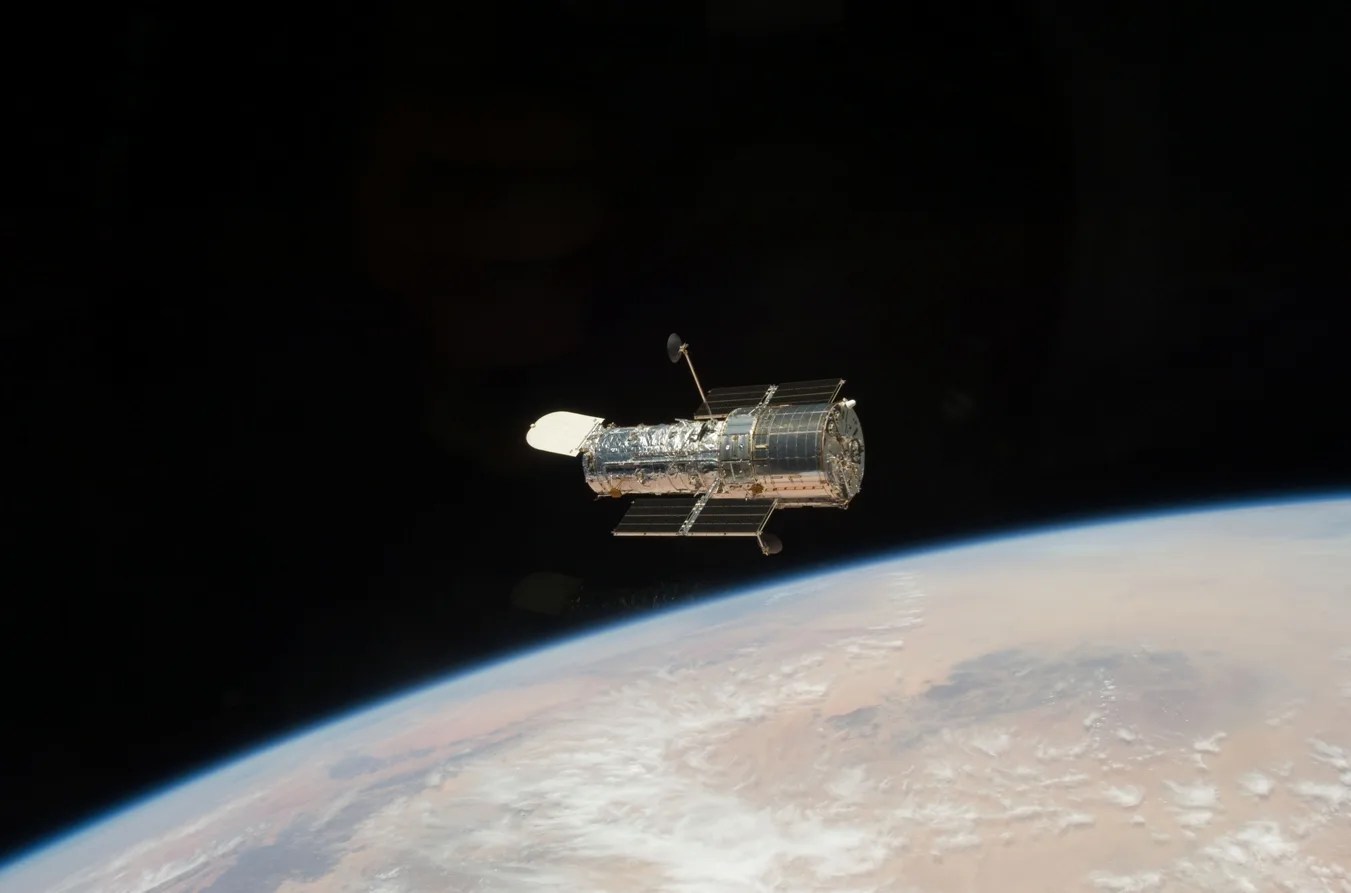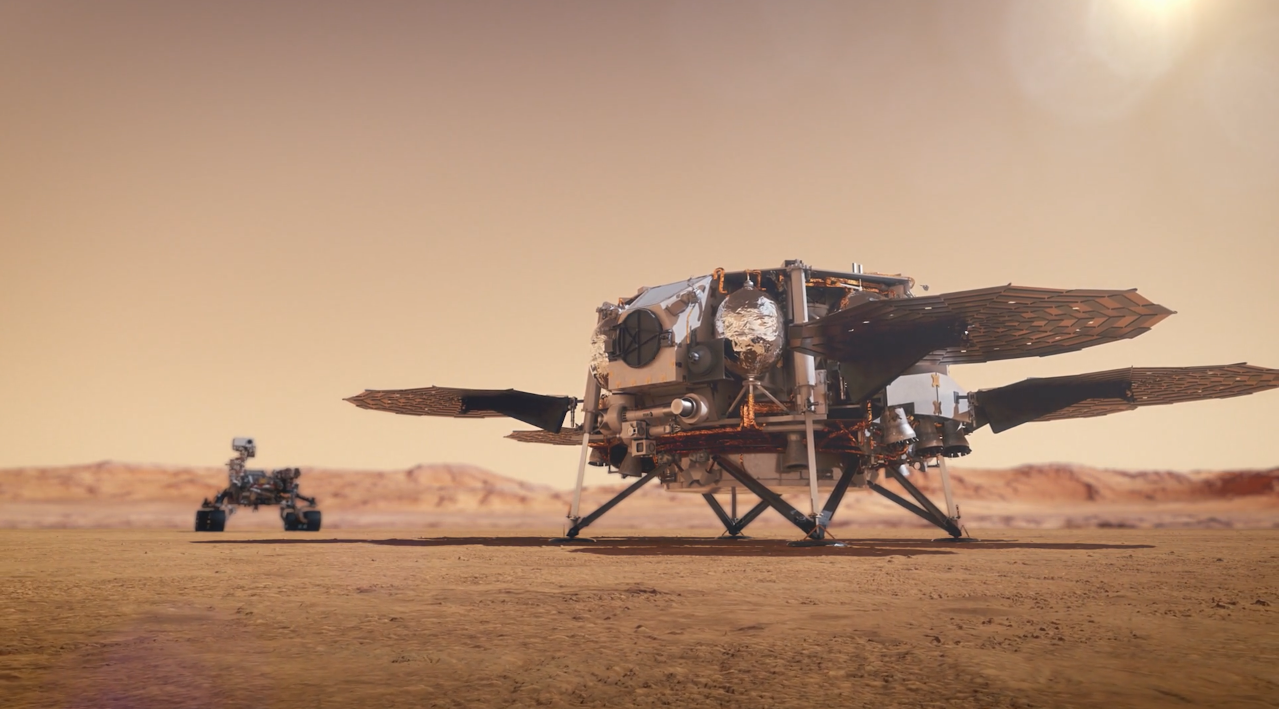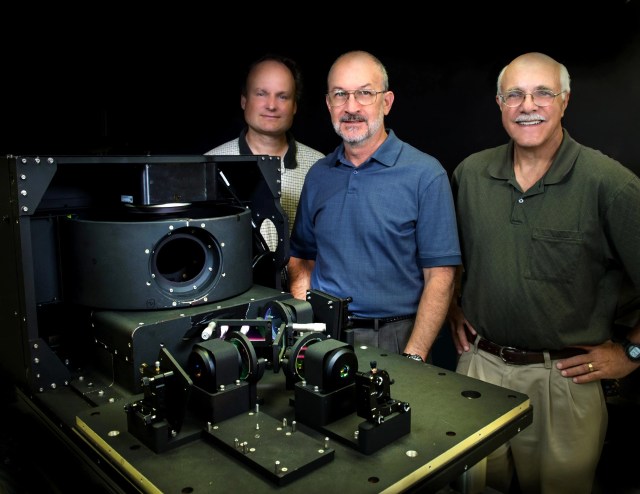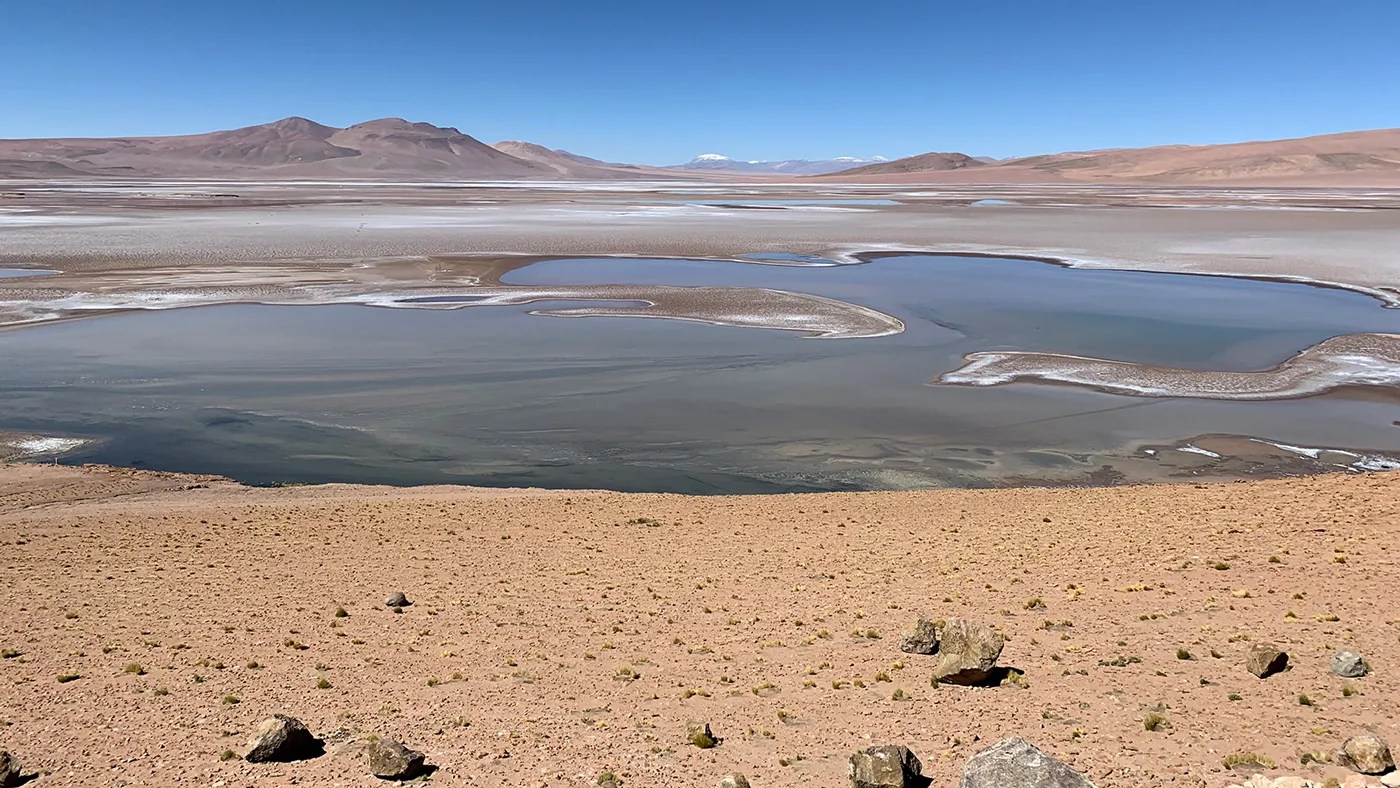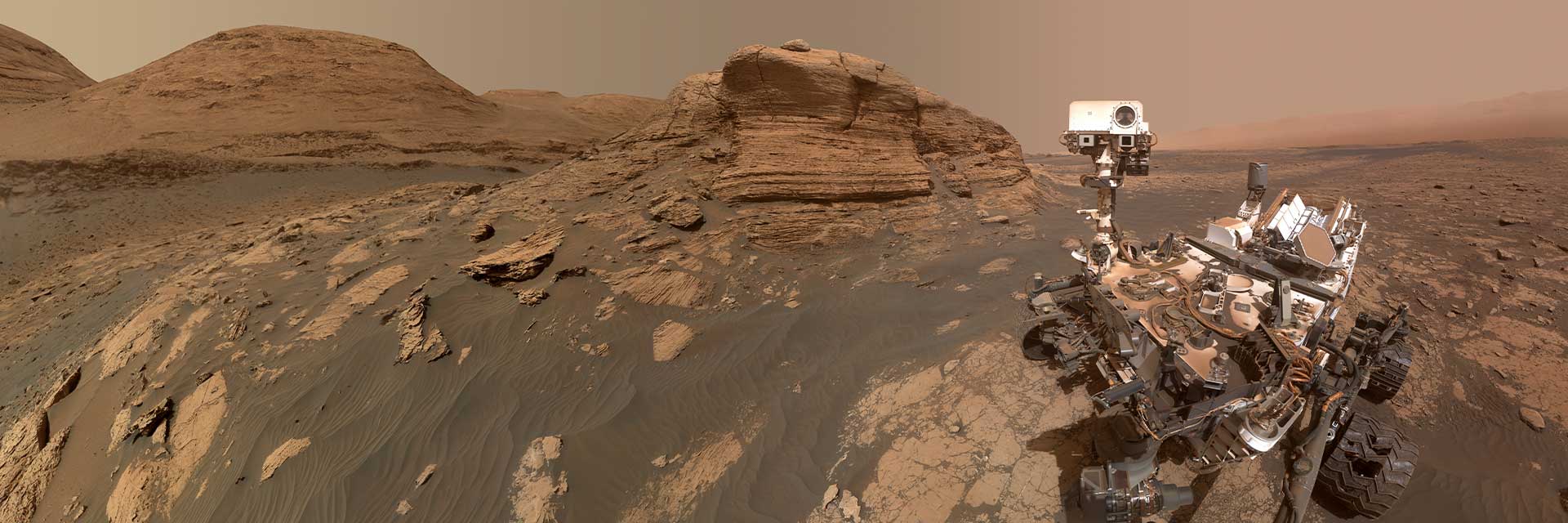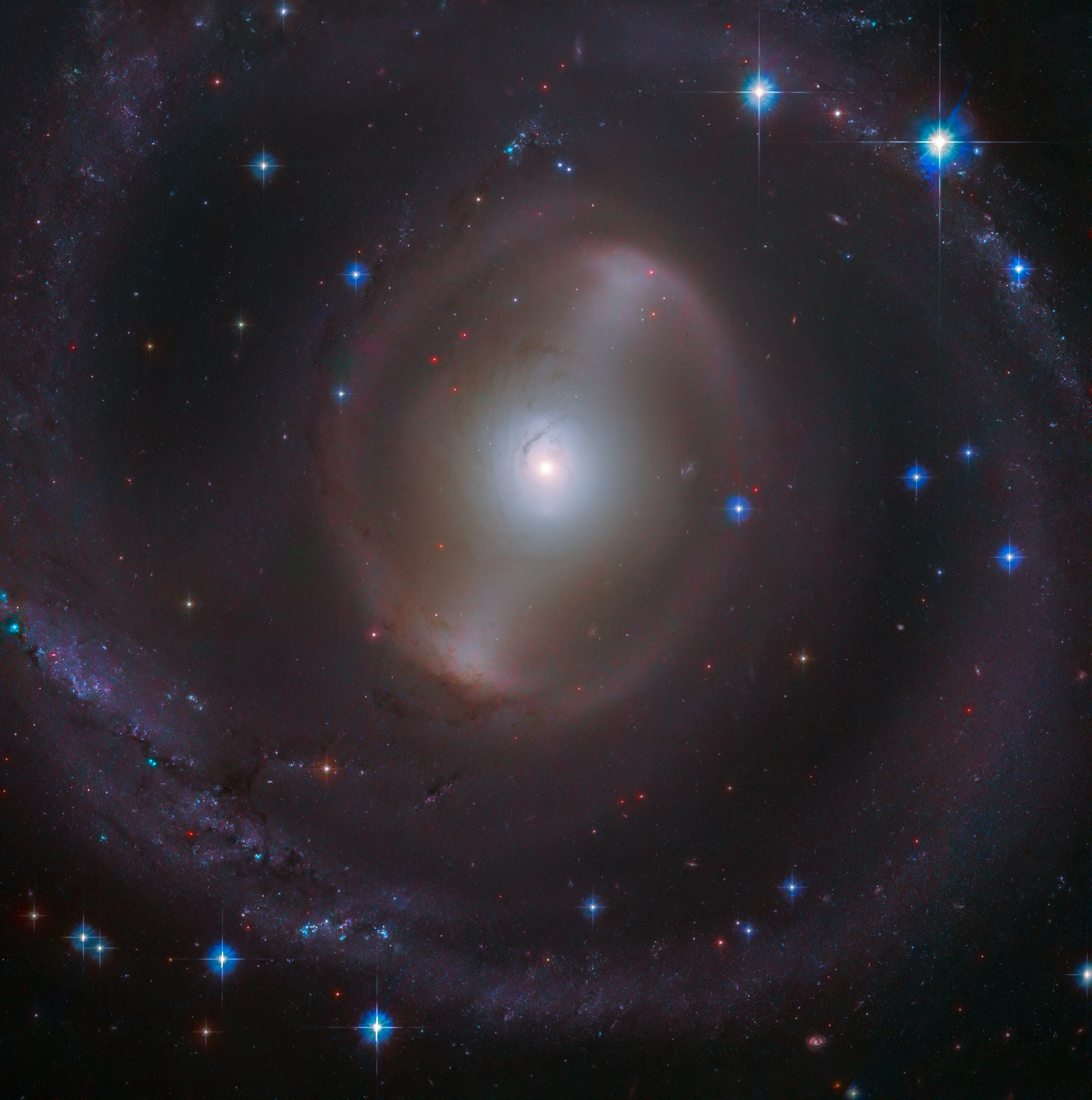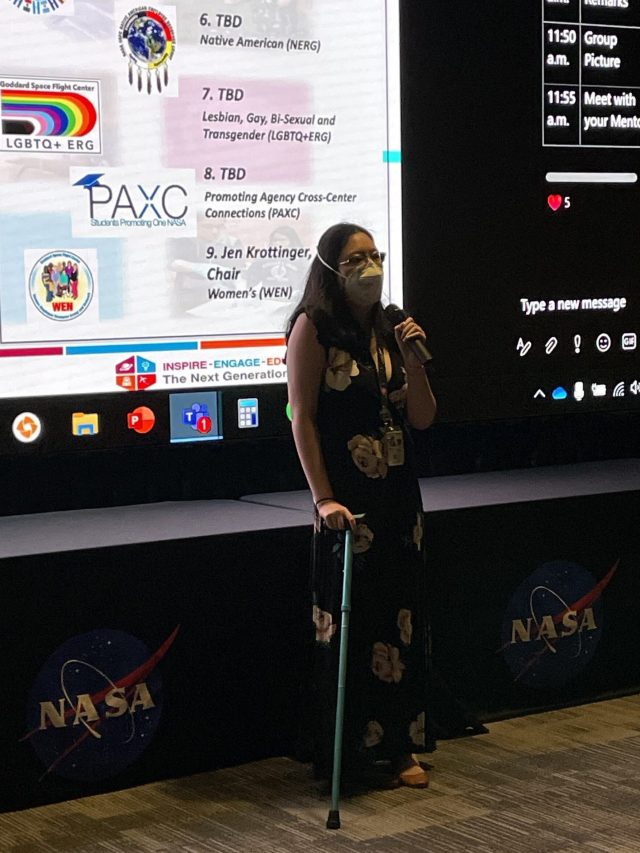How do planets get their names?
If you step back in time, thousands of years ago, people knew about the brightest planets pretty much everywhere. These are Mercury, Venus, Mars, Jupiter and Saturn. And pretty much every culture knew about these five planets, which they could easily see up in the sky. They had different names for them — names that we use now in English. These come from the Roman names. And that’s because the early astronomers in Europe wrote in Latin, and Latin was the language of the Roman Empire. So we ended up with these Roman names after the Roman gods — Mercury, Venus, Mars, Jupiter and Saturn.
If we keep on going outward, we have three more things that historically have been called planets. You have Uranus, Neptune and Pluto. These are Greek or Roman names. These planets weren’t seen by the Greeks or Romans, but because the discoverers wanted their planets to fit in with the existing theme of the mythology of the existing planets. And all these are totally different than the inner planets, because these were discovered more recently. They’re fainter and they move more slowly. You can’t see them with your naked eye. You have to use a telescope and that’s how they were discovered.
But since then, as telescopes have gotten bigger and bigger and astronomers keep finding smaller and smaller things in the solar system, and we discovered some things that are just a couple of meters across, like literally the size of a person. And we’ve discovered thousands of Kuiper Belt objects, which are more or less like Pluto — a little smaller, a little further away, but the same basic idea. Some people still call it a planet, but oftentimes it’s called a dwarf planet. That’s what the International Astronomical Union says. They’re the group responsible for naming things. The issue with Pluto is you’re trying to define a fuzzy line between a planet and not a planet, and it boils down to size.
So there’s so much more in the solar system to name. There’s moons, asteroids, comets, rings, Kuiper Belt objects, craters. Because we’re humans, we want to name these things. It gives us a connection to the huge universe around us. Thousands of years from now, people are still going to be naming planets, as we continue to explore the world around us.
[END VIDEO TRANSCRIPT]


